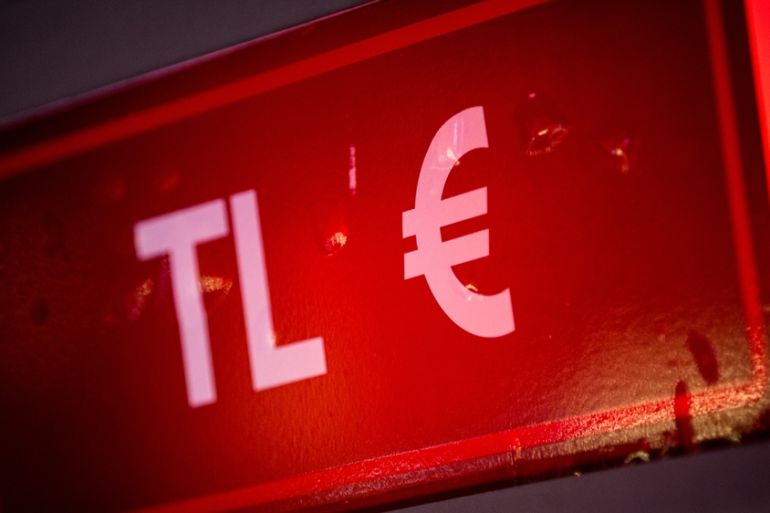QNB: Turkey’s economy to grow 5.4 percent in 2018
Turkey’s economy experienced a strong growth upturn in 2017.

Turkey became the fastest-growing country in the world with an economic growth rate of 7.4 percent in 2017, said the Prime Minister Binali Yildirim on March 31.
“We are breaking our own record [of economic growth rate]. Turkey will continue to grow, develop and produce, with its private and public sectors and practicable policies by taking firm steps,” Yildirim said.
Keep reading
list of 4 items‘We need you’: Solomon Islands’ support for US agency’s return revealed
Why are nations racing to buy weapons?
Parallel economy: How Russia is defying the West’s boycott
According to a Qatar National Bank (QNB) report released in March, there are three main factors driving Turkey’s growth trajectory:
1. Credit fund
In 2017, the Turkish government helped spur private sector jobs through a credit guarantee fund for small and medium enterprises.
-
2018: On March 31, Turkey announced an increase in the Breather loan Package of 7.5 billion Turkish lira ($1.9bn) from 5 billion lira ($1.25bn).
- “The loan package especially gives small-sized enterprises breathing space through working capital,” Deputy Prime Minister Mehmet Simsek said.
-
2017: The Turkish government launched a 250 billion Turkish lira (approximately $70bn) credit guarantee fund (CGF), which guarantees loans to the private sector and is focused on lending to small and medium enterprises.
- “Turkey generated 1.6 million jobs last year with the backing of this loan,” said Simsek.
2. Exports and tourism
Turkey’s exports in 2017 grew by an estimated 12.9 percent, driven by increased tourism.
-
Turkey’s largest trading partner is Europe, and growth in the European Union (EU) picked up from 1.9 percent in 2016 to 2.3 percent in 2017, pushing up demand for imports from Turkey.
-
In addition, tourist arrivals bounced back after depressed levels in 2016. Arrivals gained by 27.9 percent in 2017 compared with a 30.1 percent contraction in 2016.
-
But EU growth is expected to ease to 2.1 percent and 1.8 percent in 2018 and 2019, respectively, and tourist flows, also highly dependent on European growth, are unlikely to accelerate, given the rapid growth in 2017.
3. Fiscal policy
-
The authorities eased fiscal policy in 2017, with lower taxes on durable goods and property.
-
The fiscal deficit widened to 1.5 percent of GDP in 2017 from 1.3 percent in 2016.
-
The deficit is projected to rise to 2.0 percent of GDP by 2019. This should partly offset less credit stimulus and softer external demand.